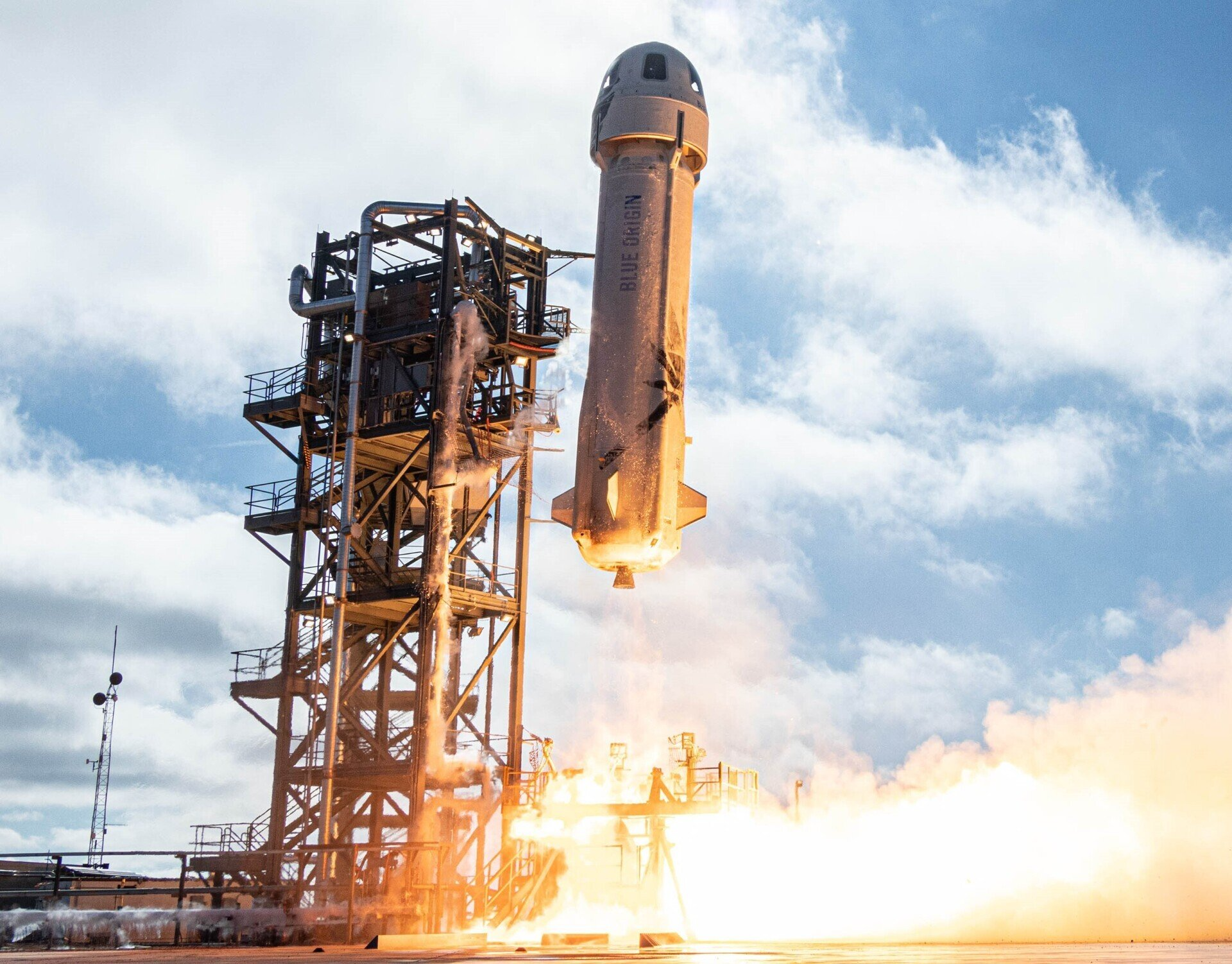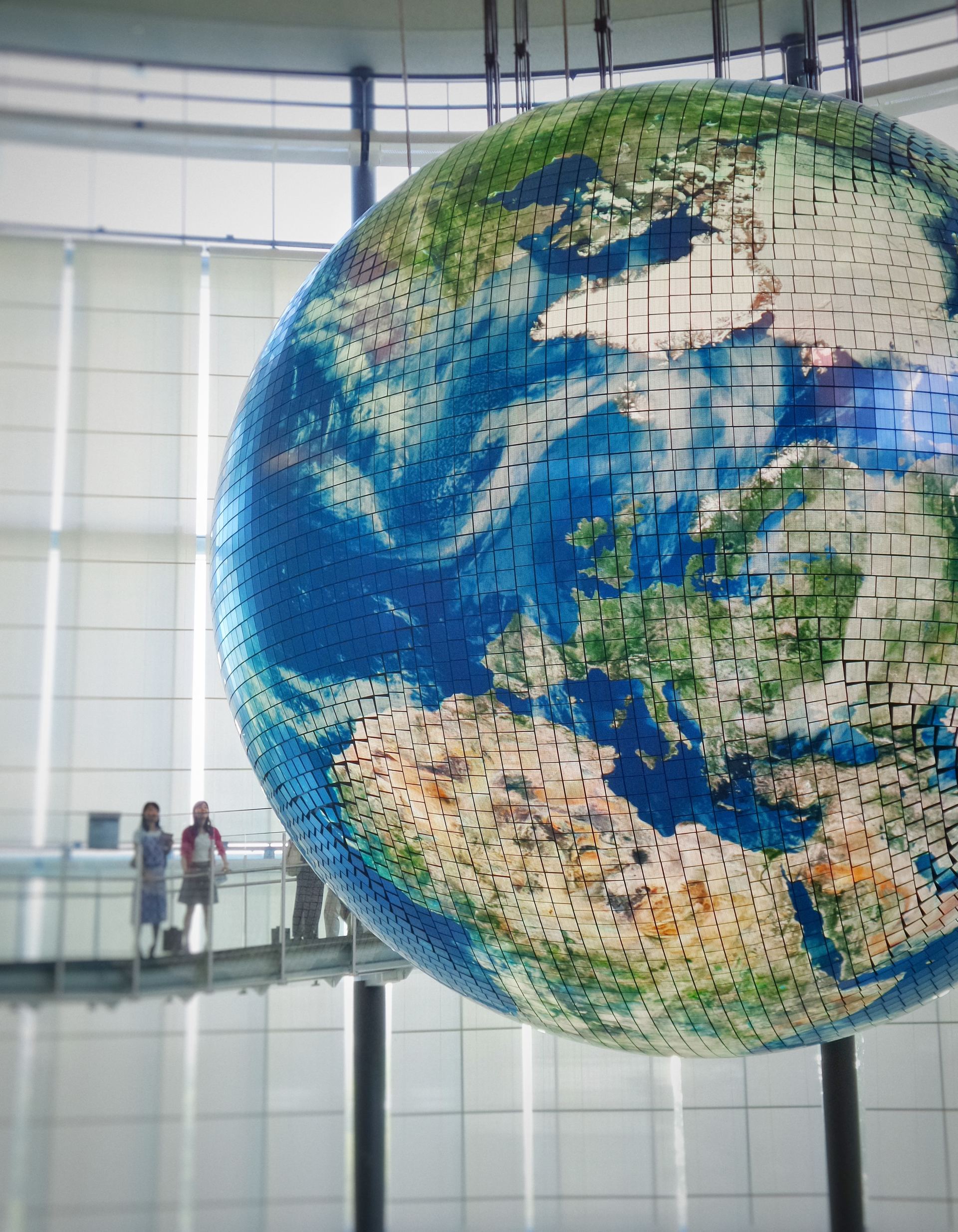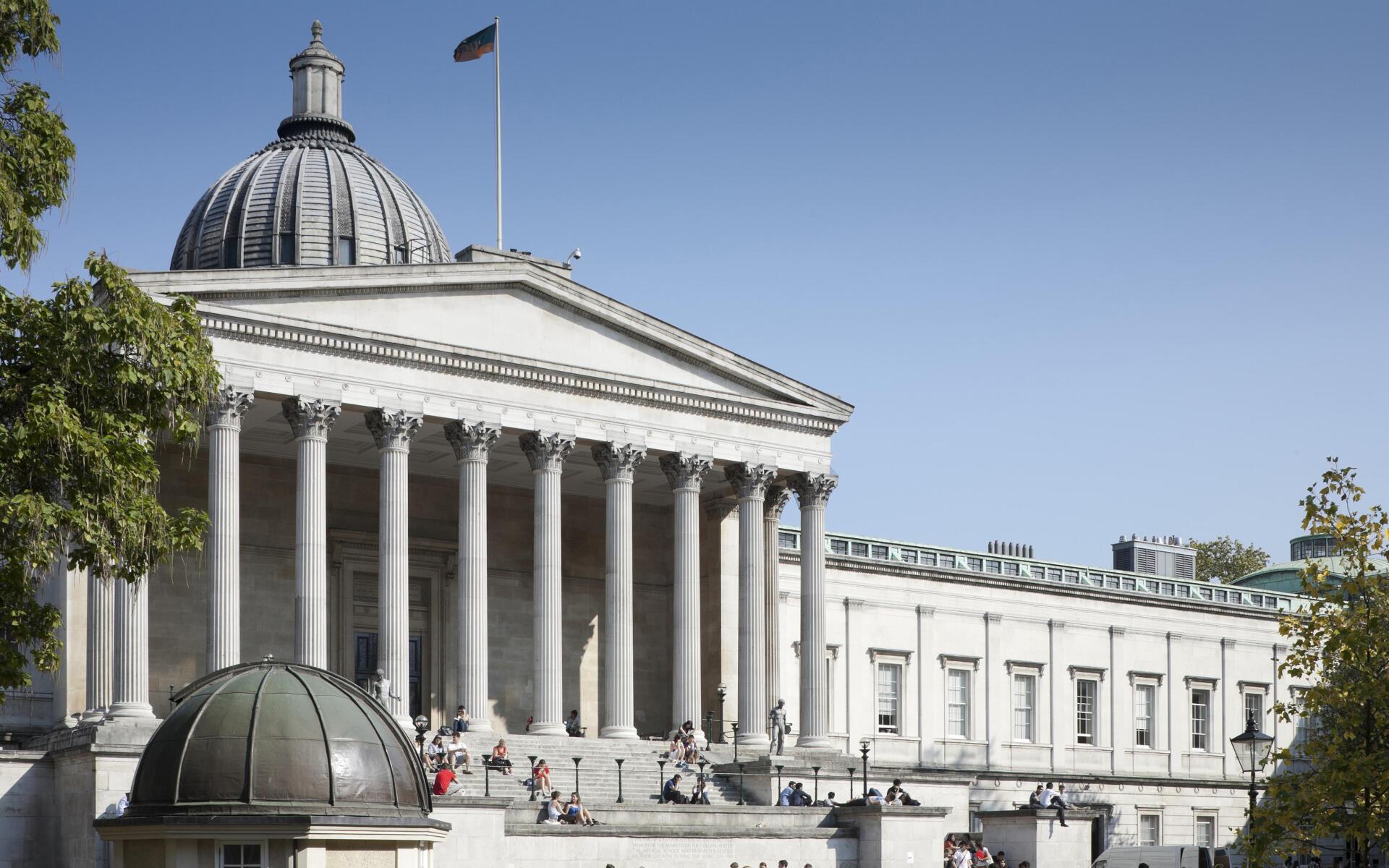

Earth Gazing - Stimulating Our Lust For Life
Dr Annahita talks about VROE virtual reality workshops and Earth gazing.

As part of my doctoral research I interviewed NASA astronauts on their experiences of Earth gazing. Earth gazing is an atypical method of engaging with the natural environment, and I believe it offers demonstrable and enhanced benefits in terms of improving eudemonic wellbeing and feelings of connectedness with Earth and nature. My study found that Earth gazing is a therapeutically valuable experience because it has the potential to, 1) strengthen a connection to nature, 2) heal attentional stress; 3) promote positive emotions such as awe, reverence, gratitude, and humility and 4) promote eudemonic wellbeing.
I believe one way to combat some of the societal challenges we face in today's world such as environmental damage, lack of empathy and ruthless competition is to help people develop a stronger and more meaningful emotional connection with Earth and nature. to develop an effective and viable idea/product it is important to establish how and why people develop strong emotional bonds with Earth and nature, the meanings and processes involved in the development of these emotional ties, as well as the psychological, personal, and social advantages of connecting with nature in this way. My research attempted to do just this, by studying what the experience of Earth gazing is like for astronauts and the psychological mechanisms that promote behavioural and attitudinal change. Researching the therapeutic and growth-enhancing qualities of this unique experience assists in efforts to harness and create Earth gazing evidence-based green interventions. Here at VROE headquarters, we are developing immersive virtual reality mental health workshops using the Earth gazing landscape. These workshops will provide attendees with shots of awe and offer experientially induced development. The workshops aim to help people expand their potential by activating areas of the brain that are activated by novel experiences. Our mission is to ignite the explorer in people, to remind people about the splendour of life, and to help them develop their 'lust for life'.
The Overview Effect (OE) describes the psychological effects of viewing natural landscape from an expansive vantage point, and seeing Earth from space has been described as the epitome of this experience (Yaden et al., 2016). Some common aspects of OE experience are seeing Earth as a tiny, fragile ball of life, a profound feeling of awe, an understanding of the interconnection of all life, and a renewed sense of responsibility for taking care of the environment (White, 2014).
Research supports the view that Earth gazing from orbit is a valuable and beneficial activity for astronauts whilst on board the International Space Station (ISS) (Yaden, 2016, Stuster, 2010). There is also a growing body of research that suggests the space fight experience, and in particular Earth gazing aspect of it has the potential to promote eudemonic wellbeing. For example, past research has found that awe and wonder are salient characteristics of the space flight experience, establishing it as a prototypical awe elicitor (Gallagher, Janz, Reinerman, Bockelman, & Trempler, 2015; Yaden et al., 2016). Perhaps more importantly, from a psychological perspective, it seems space flight can affect the structure of space travellers’ values. In particular, research has demonstrated that the experience can strengthen spirituality and universalism(an understanding, appreciation, tolerance, and protection for welfare of all people and for nature) (Suedfeld, Legkaia & Brcic, 2010; Suedfeld & Weiszbeck,2004). Research has also found that the experience can enhance the appreciation of Earth’s beauty and fragility (Ihle, Ritsher, & Kanas, 2006; Suedfeld, Brcic, Johnson, & Gushin, 2012), and increase astronaut’s involvement with environmental causes (Ihle et al., 2006). Extant research concludes that space travel can imbue a space traveller’s life with a sense of meaning and purpose (Yaden et al., 2016), strengthen a connection to nature and promote virtuous dispositions (Gallagher et al., 2015; White, 2014; Yaden et al., 2016).
"We live on this planet for a reason...Even though it is this tiny little speck in the grand scheme of the Universe...It is not an insignificant thing that our planet is where it’s at and does what it does for us” (Nicole Stott, 2015)"
Earth gazing therapeutic packages can be designed and used in exciting and novel ways, for example combining existing therapeutic tools such as guided imagery work, meditation, art therapy, nature-based interventions, and finally via positive technologies such as virtual reality (VR).
Turner and Casey (2014) completed a recent meta-analysis review of over 20 studies on VR for healthcare, and based on their findings suggest VR interventions are efficacious forms of psychological treatment and a promising addition to existing treatment options. Ethical and evidence based Earth Gazing Virtual Reality Interventions (EGVRi) can enhance wellbeing in engaging ways and can provide a range of interactive systems and mechanisms that can target psychological and behavioural change.There remain some conflicts with the ethos of ecopsychology and positive technology. Ecopsychology argues that technology has exacerbated the dissociation of human beings with nature. However, Lombardo (2006) highlights that we cannot dissociate from technology or stop technological advancement. For Lombardo (2006) the answer is for humanity and technology to form “a reciprocity”, with humans and technology co-evolving. He argues that the future will not only continue to advance technologically but will also see an evolution of values, human mind, and spirit. In view of this, Counselling Psychologists and allied professionals should work towards designing ethical and impactful Earth gazing programmes that aim to produce positive and lasting psychological outcomes in individuals and play an important role in promoting wellbeing in societies. Such programmes can facilitate inclusion to disadvantaged groups. For example, they can be designed for people who are incarcerated, for those with mobility issues, for people diagnosed with terminal illness or people through end of life transition.
Our pilot programme is due for completion in 2020. In the meantime, we would love to hear your thoughts and feedback? If you would like to express an interest for our pilot one day therapeutic virtual reality workshops please send us an email to express your interest and we will contact you early January.


